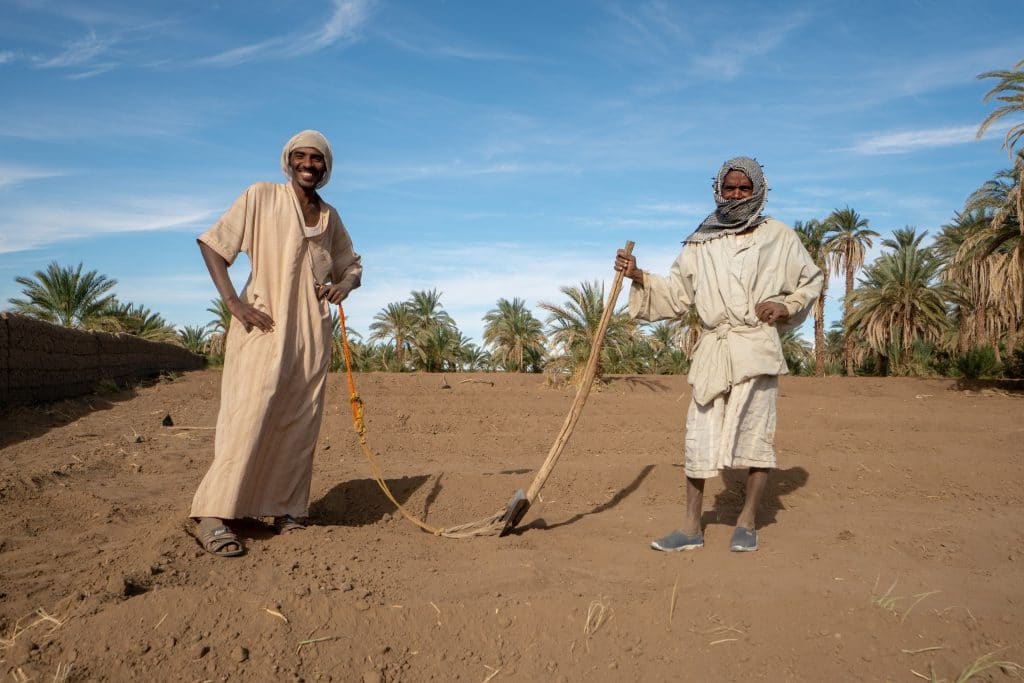Like several African countries, Sudan faces a number of environmental challenges associated with climate change, including soil erosion; desertification; and “recurrent” droughts. To address this problem, which hampers agricultural production, the Sudanese government has launched irrigation and soil management projects. The aim of the various initiatives is to improve access to water in order to regenerate the land. The projects will also make it possible to introduce new climate-resistant practices in this North African country.
Projects supported by the GCF and the UNDP
The implementation of this climate resilience initiative will require an investment of more than US$41 million. Part of the funding will come from the Green Climate Fund (GCF), $25.6 million and $540,000 from the United Nations Development Programme (UNDP). The two United Nations (UN) agencies recently signed grant agreements with the Sudanese government. The remaining $15 million will be allocated by the Sudanese Ministry of Agriculture and Natural Resources.
The new climate change resilience projects will be implemented over a period of 5 years. The work will be led by Sudan’s Higher Council for Environment and Natural Resources, in collaboration with the UNDP. The works will include the construction and rehabilitation of small-scale wells and irrigation systems, sand dams and water reservoirs. According to the United Nations Development Programme (UNDP), agriculture provides up to 90 per cent of the raw material for local industries and more than 80 per cent of employment and income in Sudan.
The funds provided by the Green Climate Fund (GCF), the UNDP will also help establish communal water reserves for the maintenance of green spaces. At least 4,500 hectares of green space will be rehabilitated. Also as part of these plans, sustainable animal husbandry, agroforestry and land management practices will be introduced in Sudan, as well as seeds resistant to climatic (arid) conditions.
Training farmers
Farmers will also benefit from training in the use and management of future water facilities. They will also be given tools (finance, equipment) to improve the management of their production and preserve their natural resources. Ultimately, “the health, food and water security of 3.7 million Sudanese will be improved,” says Selva Ramachandran, the UNDP Resident Representative in Sudan.
Inès Magoum
